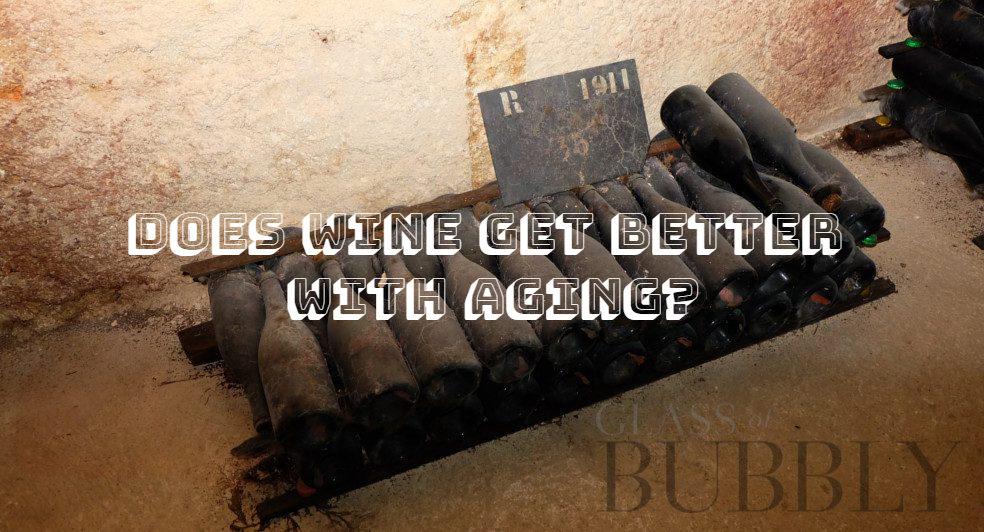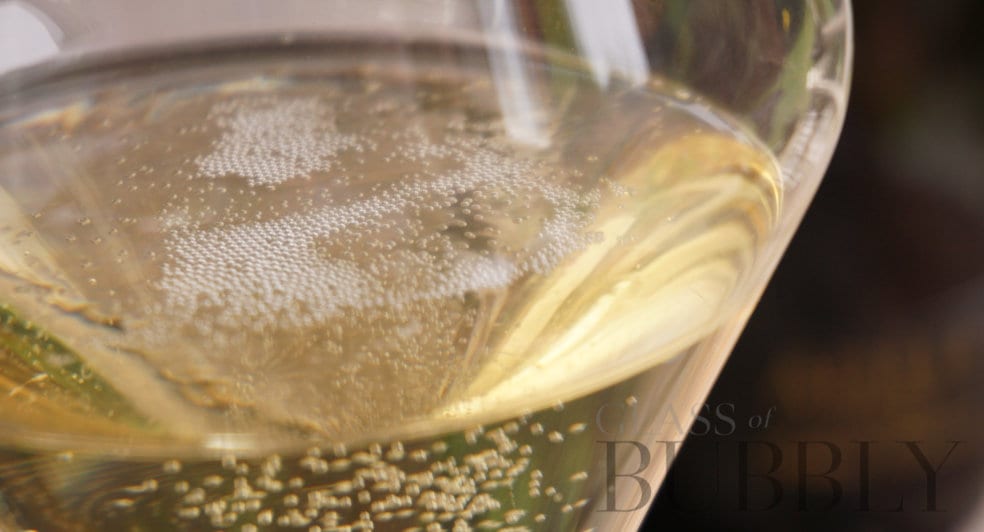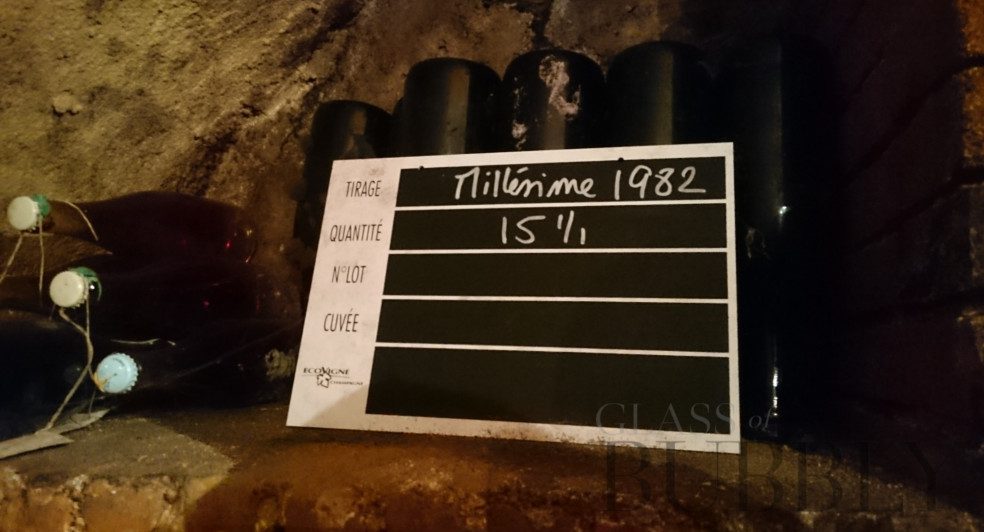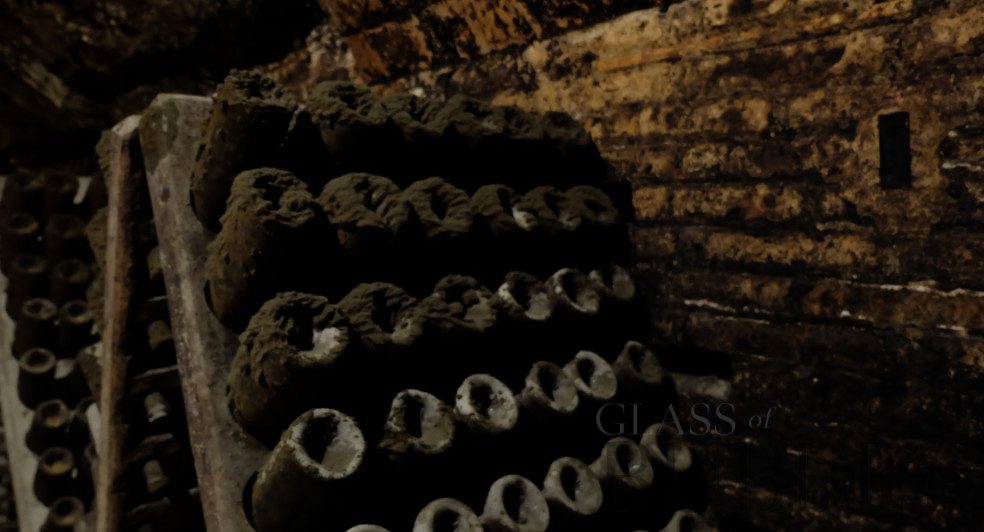Does Wine Get Better With Aging?
20th April 2023

I’m not old ….. I’m vintage
A classic myth in the world of wine is that wines improve with age. But what is actually aging of wine and what makes aged-wine better than non-aged wine?
There are of course two crucial elements in this question: aging and improving. So first of all it’s good to be a little more specific on both elements. What is actually aging of wine? Of course, the short cut is to say that aging is just the passage of time, but as said, that’s really a short cut. Aging related to wine means developing or evolving, which indicates change as a crucial element. But the question then becomes relevant till what extent is something the same as it changes? For example: are you the same person as you were twenty years ago? Didn’t have the changes you experienced any effect on you as a person? Or to make it even more difficult: is the caterpillar which metamorphoses into a butterfly the same or another insect?
Age is just a flavor

Going back to wine: aging is a process of the ongoing chemical reactions within the wine. And to put it simply, a wine decomposes as it ages. Oxygen, which gets in by way of the cork is the main agent that breaks down organic components. But these changes can elevate (as well as downgrade sometimes) a wine to new heights (or lows) and reveal an entirely new character. The reactions will affect the taste, texture, aromas and appearance of the wine. The biggest change in wine resulting from aging is the development of what is called tertiair aroma’s. These are flavors and fragrances like roasted nuts, tobacco, spices and mushrooms. Aroma’s which were not really present in the original wine. This means the taste or palate has changed, sometimes even quite fundamental. So the question is then: is the wine which now tastes like stewed or dried earthy aroma’s the same as the more fresh and fruity wine as it originally tasted? Or has it more or less become another wine? We could say that the more the wine is aged, the more the wine has changed. And like the caterpillar, after the change it transformed in a certain way into another wine. Then …. if it isn’t te same wine anymore …. the original wine didn’t get better by aging, it just changed into another wine. So wine doesn’t get better by aging. That’s just a myth!
Men are like wine – some turn to vinegar,
but the best improve with age.
(Pope John XXIII)

The same accounts then for the idea of improving. When wine ages the primary aromas that dominate newly made wines are typically fresh fruits, flowers and herbs. Over time the flavor compounds slowly break down in the bottle, by which the aromas change or they disappear at all leaving only flavorless material. But at the same time, a small amount of oxygen will find its way into the wine, slowly causing the wine to oxidize by which new aromas develop. So the flavor change works out two-ways. The old flavors disappear and new flavors are created. There is no improving of the flavors. There is just disappearing and appearing. A substantial part of the original elements don’t exist anymore, they aren’t improved. They are exchanged by newly formed elements. So effectively the original wine didn’t get better ….. because it’s not anymore the liquid it was, especially the flavor but also the structure. It changed in a comparable but physically other liquid which (according to the myth) has a taste which is sometimes more appreciated then the original. So again, wine doesn’t get better by aging. That’s just a myth!
And no one, after drinking old wine desires new, for he says, the old is good.
(Bible Luke 5:39)

So wine does not improve with age as such, that’s a myth. It’s elements change within the closed system of a barrel or a bottle. So as with life as a whole, change is the only constant for a bottle of wine. The question of whether the change of wine is an improvement is therefore only a matter of personal taste. Cheers!
Good vibes!
Corné van Nijhuis
World’s first self-declared Vinosopher
![]()
Corné van Nijhuis
Longing for knowledge and wisdom about the nature of wine and the existential meaning associated with it, which makes him a self-declared vinosopher.
